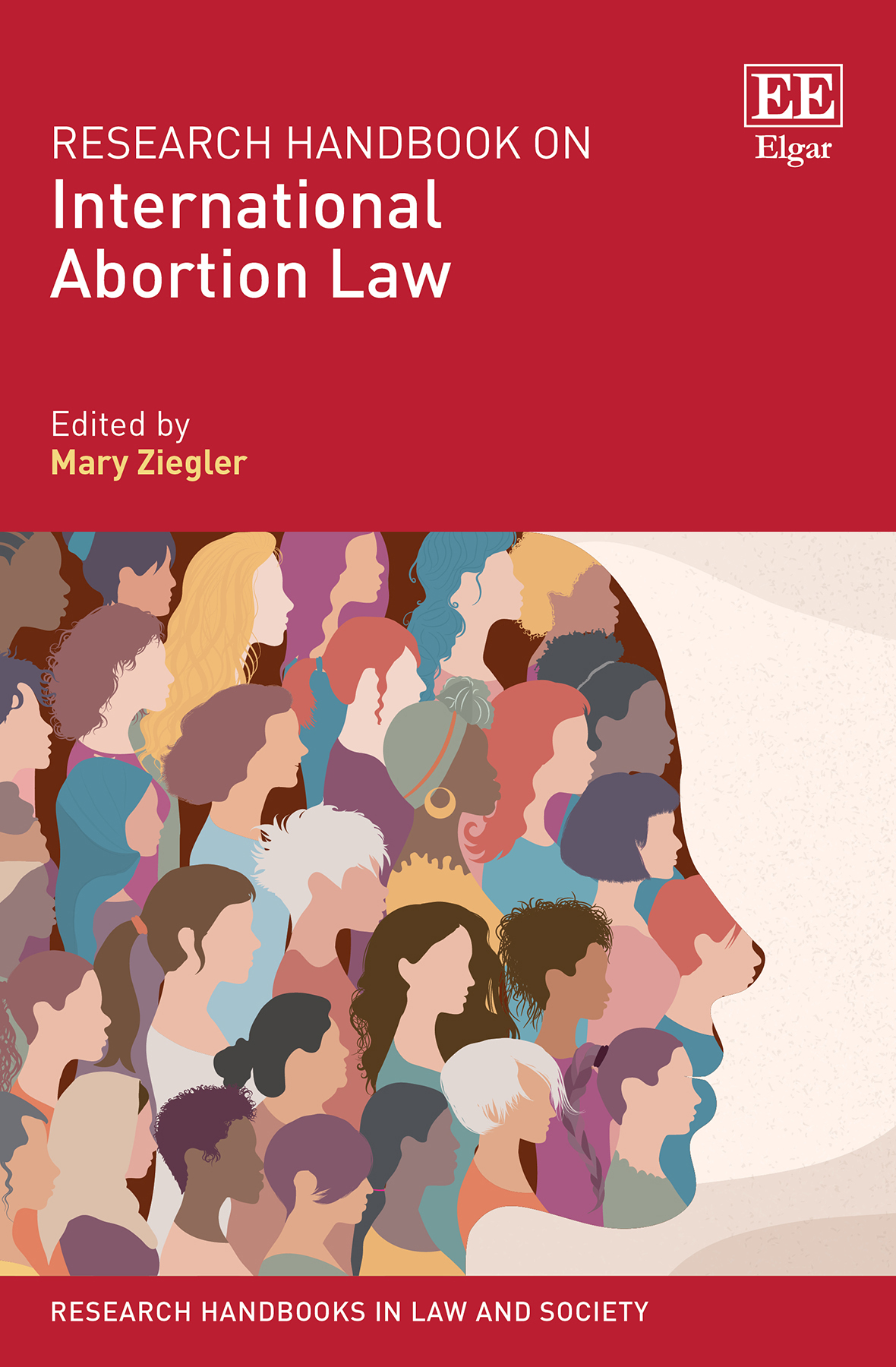Views
„El clásico“ of Recognition and Enforcement – A Manifest Breach of Freedom of Expression as a Public Policy Violation: Thoughts on AG Szpunar 8.2.2024 – Opinion C-633/22, ECLI:EU:C:2024:127 – Real Madrid Club de Fútbol
By Madeleine Petersen Weiner, Research Fellow and Doctoral Candidate at Heidelberg University
Introduction
On 8 February 2024, Advocate General (AG) Szpunar delivered his Opinion on C-633/22 (AG Opinion), submitting that disproportionate damages for reputational harm may go against the freedom of expression as enshrined in Art. 11 Charter of Fundamental Rights of the European Union (CFR). The enforcement of these damages therefore may (and at times will) constitute a violation of public policy in the enforcing state within the meaning of Art. 34 Nr. 1 Brussels I Regulation. The AG places particular emphasis on the severe deterring effect these sums of damages may have – not only on the defendant newspaper and journalist in the case at hand but other media outlets in general (AG Opinion, paras. 161-171). The decision of the Court of Justice of the European Union (CJEU) will be of particular topical interest not least in light of the EU’s efforts to combat so-called “Strategic Lawsuits Against Public Participation” (SLAPPs) within the EU in which typically financially potent plaintiffs initiate unfounded claims for excessive sums of damages against public watchdogs (see COM(2022) 177 final).
Dubai Supreme Court Admits Reciprocity with the UK and Enforces an English Judgment
Introduction:
I have been reporting on this blog some recent cases from the Dubai Supreme Court (DSC) regarding the recognition and enforcement of foreign judgments (see here, here and here). Reading these posts may have given the legitimate impression that the enforcement of foreign judgments in the UAE, and especially in Dubai, is particularly challenging. This post aims to mitigate that perception by shedding light on a very recent case in which the Dubai courts, with the approval of the DSC, ruled in favor of the enforcement of an English judgment. As the comments below indicate, this is probably the very first case in which the DSC has positively ruled in favor of the enforcement of an English judgment by declaring that the judgment in question met all the requirements set out in UAE law, and in particular, the reciprocity requirement.
Book review: Research Handbook on International Abortion Law (Cheltenham: Edward Elgar Publishing, 2023)

Written by Mayela Celis
Undoubtedly, Abortion is a hot topic. It is discussed in the news media and is the subject of heated political debate. Indeed, just when one thinks the matter is settled, it comes up again. In 2023, Elgar published the book entitled “Research Handbook on International Abortion Law”, ed. Mary Ziegler (Cheltenham: Edward Elgar Publishing Limited, 2023). For more information, click here. Although under a somewhat misleading name as it refers to international abortion law, this book provides a wonderful comparative overview of national abortion laws as regulated by States from all the four corners of the world and internal practices, as well as an analysis of human rights law.
This book does not deal with the conflict of laws that may arise under this topic. For a more detailed discussion, please refer to the post Singer on Conflict of Abortion Laws (in the U.S.) published on the blog of the European Association of Private International Law.
In this book review, I will briefly summarise 6 parts of this book (excluding the introduction) and will provide my views at the end.
News
Reminder: Quo Vadis Preferential Law Approach? A Survey on the Interpretation of Article 6(2) Rome I Regulation Across EU Member States
Benedikt Schmitz (University of Groningen) has kindly shared the following reminder of his Call for Participants with us.
The project concerns the interpretation of Article 6 (2) Rome I Regulation in the EU Member States and is very limited in nature. Time commitments are therefore very limited. Click here for more information.
We are still looking for scholars from Croatia, Czechia, Estonia, Finland, France, Ireland, Italy, Luxemburg, Malta, Romania, and Slovenia. Danish scholars may also participate on the basis of Article 5(2) Rome Convention. Read more
Migrant Workers and Social Security Rights across Borders: a Right or a Privilege?
You are invited to the third meeting of Migration Talks organized by the Jean Monnet Chair in Legal Aspects of Migration Management in the European Union and in Türkiye.
Speaker: Prof. Dr. Laura Carballo Piñeiro, Chair of Private International Law, Dean, Faculty of International Relations, University of Vigo
Title: Migrant Workers and Social Security Rights across Borders: a Right or a Privilege?
Date and Time: Wednesday, March 19, 2024, 10.30 a.m. -11.30 a.m. (CET)
Location: via Zoom (The link shall be provided upon request: migration@bilkent.edu.tr)
Abstract
Access to social security is a human right that only a quarter of the world population enjoy. Such an access is particularly challenging for workers who cross national borders, as they may not get access to a national scheme, get access only in a limited way compared to other national or resident workers in the country, be obliged to contribute to more than one system, or not benefit from a system to which had previously contributed due to relocation to their home country or a third country. State coordination in these matters is thus of the essence, in particular to ensure that contributions are only paid to one system at a time, aggregation and maintenance of acquired rights for those workers that are in the course of acquisition, and portability of benefits. Even in a coordinated scenario, legal divergence across countries might further complicate access to benefits. For example, the funding of a benefit by taxes and not contributions might automatically exclude posted workers from their enjoyment. The EU Social Security Coordination Regulation will be used in the presentation to address these principles, the challenges faced by States and social partners in their enforcement, and tools developed to address them. Outside this privileged area, coordination relies on a complex, but insufficient network of treaties which very much focus on the role of receiving countries. As the movement of workers increases, more attention should be paid to the role of sending States by researching the interplay between social protection and migrant studies.
Limitation period of the enforcement of a UK judgment in Greece
Limitation period of the enforcement of a UK judgment in Greece
A judgment issued by the Division of Maritime Disputes of the Piraeus first instance court at the end of last year [nr. 3400/2024, unreported] was confronted with an issue which seldomly appears before Greek courts.
The issue raised before the Piraeus Court of First Instance, in the context of Regulation 44/01, was the following: Is it permissible to revoke the recognition of a foreign (English) judgment (order) that was declared enforceable in Greece, when allegedly it is no longer enforceable in the State of origin? Read more



